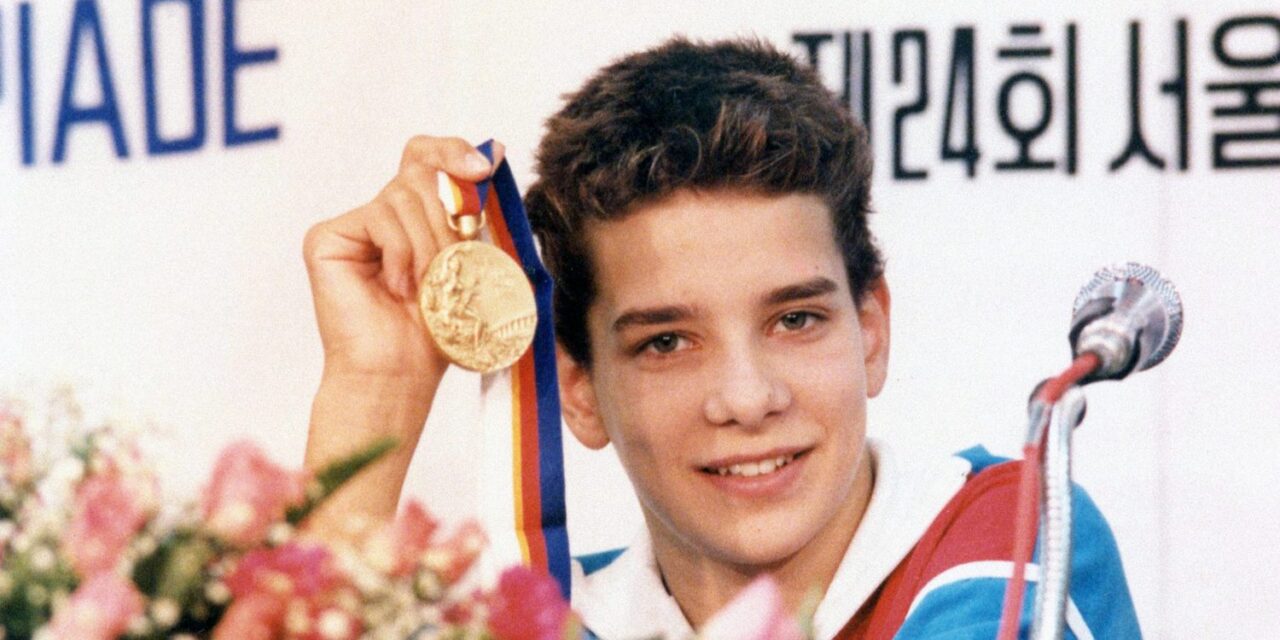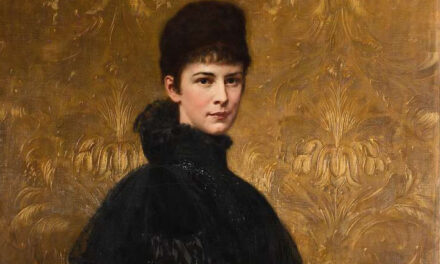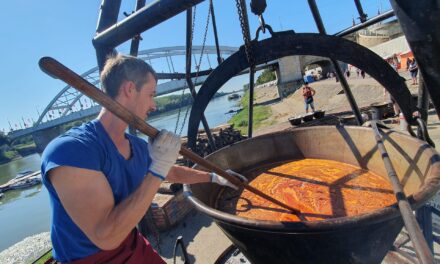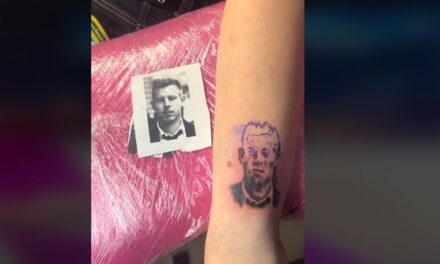On Friday, August 16, Krisztina Egerszegi, one of the favorites of Hungarians, the five-time Olympic champion, celebrates her fiftieth birthday.
Krisztina Egerszegi was born on August 16, 1974 in Budapest. He started going to the swimming pool with his sister, he was already a certified athlete of Budapest Spartacus at the age of seven, and spent his entire career at the club. His coaches were Miklós Kiss, György Turi and László Kiss.
He achieved his first domestic successes in 1985 in backstroke numbers.
In 1986, at the age of twelve, he started in four age groups as well as in the adult championship. That's when he won his first adult championship medal, and then won 2 gold and 2 silver medals each at an international youth competition.
The following year, he won the adult championship in four individual events. In June 1988, he was fifth in the world rankings in the 100-meter backstroke and third in the 200. In July, he won gold medals in three events at the European Youth Championships. Already before and after the European Championship, sinusitis hindered his preparation, so he only started in the relay at the adult national championship.
As the youngest member of the Hungarian team, he traveled to his first Olympics, the 1988 Seoul Games. In his first final, he won the silver medal in the 100-meter backstroke with a national record, then he became the Olympic champion in the 200-meter distance at the age of only fourteen with a European record. The country pressed for him as one man. Even today, it is heart-pounding to hear the recording that has become a legend, as Tamás Vitray, who broadcasts the competition, shouts:
"Come Mouse, come little girl!"
With his victory, he became the youngest Hungarian and also the youngest Olympic champion in individual swimming of all time (since 1992, the second youngest of all time). He started 1989 with three national records, returned from the European Youth Championship held in Leeds with seven medals - four of them gold - and won three silver medals at the adult European Championship in Bonn. At the 1990 Seattle Goodwill Games, he won the Hungarian team's only gold and silver medals in the 200 and 100 meter backstroke.
At the 1991 World Championships in backstroke, she won in both distances, thus obtaining the first women's world championship title in Hungarian swimming. At the European Championships in Athens, he became a gold medalist with a world record in both the 100 and 200 backstroke, and no one could overtake him in the 400 meter medley. Kirsty Coventry from Zimbabwe was able to beat the world record of 2:06.62 minutes set here for the 200 meter backstroke for the first time in 2008 with 2:06.39 minutes. At the 1992 Barcelona Olympics, together with Zsolt Gyulay, he took the Olympic oath on behalf of the Hungarian athletes, and
he was able to stand on the top step of the podium three times, he won in the 100 and 200 meter backstroke with an Olympic record, and in the 400 meter medley with a national record.
With this, she became the female competitor who won the most gold medals at the Barcelona Olympics.
At the European Championships in 1993, he collected four gold medals in the 100 and 200-meter backstroke, 400-meter medley, and 200-meter butterfly. At the 1994 World Championships in Rome, he could not beat his Chinese opponent in the 200-meter backstroke and finished second. In 1995, he became the European champion in both the 200-meter backstroke and the 400-meter medley. At the 1996 Atlanta Olympics, he finished third in the 400-meter medley, but won the Olympic gold with a dominant victory in the 200-meter backstroke.
she became the second female swimmer in the world after the Australian Dawn Fraser to win three consecutive pentathlon games in the same number.
He announced his retirement after his third Olympics (Atlanta, 1996). Later, she founded a family and had three children, but the athlete avoided public appearances.
Krisztina Egerszegi was loved by an entire country, which accompanied her throughout her career. But this love was not only for her unparalleled talent and outstanding achievements, but also for the kind and modest young girl who is respected and loved by her teammates, opponents and the successors who will follow her later or even leave her behind. His coaches all praised his endurance, determination, intelligence and those light and elegant movements, which became legendary, with which he crossed the water inimitably.
16 of the 23 Olympic, World and European Championship medals she achieved during her swimming career were golden, and with her five Olympic championship titles, she overtook Ágnes Keleti, the record holder in Hungarian gymnastics.
In addition, 87 Hungarian championship titles indicate his amazing streak of success. For some time he was a member of the Hungarian Olympic Committee and the presidency of the Hungarian Swimming Association, and between 1997 and 2002, viewers could see him in the children's sports magazine Jövő-menő, which ran on Hungarian Television. In 2010, together with Zsolt Gyulay, he served as the chief patron of the Hungarian team of the first Youth Olympics. In 2022, he assumed the position of ambassador of the Swimming Nation program, and since then he has been visiting swimming pools to promote swimming among children.
His performance, career, and greatness as an athlete were recognized with dozens of awards and merit medals. She was the swimmer of the year (1988-1996) and athlete of the year (1988-1993, 1996) several times, and in 1992 she became the best female athlete in Europe. In 1992, he received the middle cross of the Order of Merit of the Republic of Hungary, in 1996 the Hungarian Heritage Award, in 1995 the Olympic gold ring, and in 1996 the middle cross of the Order of Merit of the Republic of Hungary with the star.
In 2001, he was chosen as the Hungarian athlete of the century, received the silver degree of the Olympic Order of Merit from the International Olympic Committee, and was elected among the immortals of swimming, the members of the International Swimming Hall of Fame.
In 2005, he was awarded the IOC President's Special Award, and in 2007, he was awarded the Prima Primissima Award. In 2013, she was awarded the Order of St. Stephen of Hungary (the first woman and the first athlete to receive the award) and was elected to the Hungarian Swimming Hall of Fame. In addition, he is an honorary citizen of District I (1995) and Budapest (2011).
Source: MTI / hirado.hu
Cover photo: Krisztina Egerszegi, the Olympic champion of the 200-meter backstroke, with her gold medal at the XXIV. at the Summer Olympics in Seoul on September 27, 1988. (Photo: MTI/Ferenc Németh)













